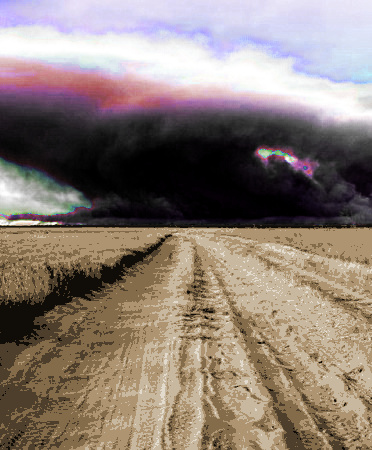Ex-leaders raise climate risks
 National security experts have criticised Australia’s climate strategy.
National security experts have criticised Australia’s climate strategy.
The Australian Security Leaders Climate Group (ASLCG) has issued a strong call for the federal government to rethink its approach to climate change preparedness, citing a rapidly worsening threat to national and global security.
In its latest report, the ASLCG warns that Australia must shift from its current strategies to an “emergency mobilisation” to mitigate the existential risks posed by climate disruption.
The ASLCG, established in 2021 by former military and intelligence leaders, notes that Australia, being the driest and hottest inhabited continent, is especially vulnerable to climate risks.
It draws parallels between the threat of climate change and nuclear war, asserting that both now represent profound risks to humanity.
The report criticises the government's efforts to date, arguing that despite the Labor Party’s commitment post-2022 election to conduct a national climate risk assessment, its implementation has been inadequate.
The ASLCG points out several shortcomings, including the classified nature of the Office of National Intelligence’s climate risk assessment and a superficial treatment of climate issues in both the 2023 Defence Security Review and the Intergenerational Report.
“A fundamental duty of any government is to protect the people,” the ASLCG says, “yet leaders have not acknowledged the full measure of the risk, so mitigation is inadequate”.
The group argues that an urgent and comprehensive assessment of both national and global climate risks is necessary, accompanied by swift reductions in emissions and more stringent regulations on carbon polluting industries.
Key recommendations from the report include the establishment of a Climate Threat Intelligence branch within the Office of National Intelligence and the release of a declassified version of the 2022 ONI climate risk assessment.
The group also calls for the creation of an “Abrupt Climate Change Early Warning System” to provide advanced alerts of impending extreme climate events.
The report further highlights that the government’s current risk assessments are flawed by their “failure to accept the size and immediacy of climate risk” in 2024.
“We are missing the big picture,” the group warns, noting that a proper climate security strategy must address the systemic risks and cascading impacts that affect both human and natural systems.
With the Asia-Pacific region identified as the world’s most vulnerable to climate disruption, and Australia’s geography placing it at particular risk, the ASLCG asserts that climate change is not merely an environmental issue but a critical threat to national security.
The group calls for more robust climate research and integrated policy development, ensuring the Australian government is prepared for future climate-related crises.
Admiral Chris Barrie, former Chief of the Australian Defence Force, says that Australia’s delay in addressing climate threats has left the nation “missing in action” and unprepared for the security challenges posed by global warming.
The report argues that only by recognising and acting upon the full extent of climate risks can Australia safeguard its future security and prosperity.
More details are accessible in the full report.







 Print
Print



